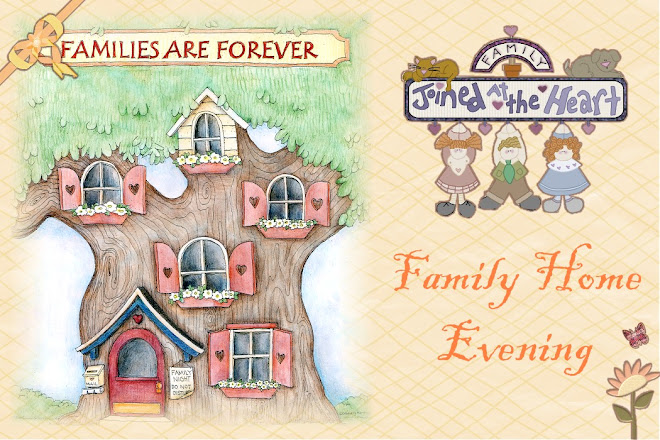 For the past two Monday's we've been playing a game of Jeopardy using lessons on Logic. One of my favorite books is The Fallacy Detective. What I did was take the first section of the book that covers "Avoiding the Question" and made this game. I typed up all of the example questions that they use throughout each chapter, grouped them into sections as follows:
For the past two Monday's we've been playing a game of Jeopardy using lessons on Logic. One of my favorite books is The Fallacy Detective. What I did was take the first section of the book that covers "Avoiding the Question" and made this game. I typed up all of the example questions that they use throughout each chapter, grouped them into sections as follows:
L: Red Herring or None
O: Ad Hominem or Tu Quoque or None
G: 50/50.... this means that two choices will be provided for the answer (ex. Red Herring or Tu Quoque)
I: Good or Bad Appeal to Authority
C: Anything Goes (It could be any of the options)
I gave them cheat sheets to use that had each of the fallacies, along with their definitions and an example for them to use as a reference. We had a lot of fun and we still have cards left, so we will play again next week. I've decided to make a quiz for them to take at the end of this section.
I would share with you the copies of all the cards and the cheat sheets, but because they are not really mine, I typed everything verbatim from the book, I feel it would not be appropriate. So, I'll give you the fallacies for this section and their definition. I highly recommend the book, The Fallacy Detective, Thirty-Six Lessons on How to Recognize Bad Reasoning by Nathaniel Bluedorn and Hans Bluedorn.
Avoiding the Question Fallacies:
Red Herring: Introducing of an irrelevant point into an argument. Someone may think (or they may want us to think) it proves his side, but it really doesn’t.
Ad Hominem Attack: (Latin for “to the man”): Attacking an opponent’s character, or his motives for believing something, instead of disproving his argument. It is not an ad hominem when someone only questions whether someone else is telling the truth.
Genetic Fallacy: Condemning an argument because of where it began, how it began, or who began it.
Tu Quoque: (Tu quoque means in Latin “you too.”) Dismissing someone’s viewpoint on an issue because he himself is inconsistent in that very thing.
Faulty Appeal to Authority: Appealing to the authority of someone who has no special knowledge in the area they are discussing. (when someone uses an appeal to authority as a way to overawe us and make us reluctant to challenge that authority’s viewpoint, he is committing a faulty appeal to authority. When the topic under discussion is controversial among respected authorities, then appealing simply to the opinion of a single authority is a faulty appeal to authority.)
Appeal to the People: Claiming that a viewpoint is correct just because many other people agree with it.
Straw Man: Changing or exaggerating an opponent’s position or argument to make it easier to refute.
What is Family Home Evening
Leaders of The Church of Jesus-Christ of Latter-Day Saints have instructed members to set aside Monday night as "family home evening." This is a time for families to study the gospel together and to do other activities that strengthen the family spiritually, create family memories, and increase unity and love. To learn more visit this website.
Why Family Home Evening
"I wonder if having unplanned and infrequent family home evenings will be enough to fortify ourselves and our children with sufficient moral strength to meet the complexities of our day. Infrequent family scripture study may be inadequate to arm ourselves and our children with the virtue necessary to withstand the moral decay of the environment in which we live. Where in the world will we learn chastity, integrity, honesty, and basic human decency if not at home? These values will, of course, be reinforced at church, but teaching them in family home evening can be particularly consistent and effective. To combat the world's evil influences, we need the strength that comes from family home evening."
James E. Faust, “Enriching Our Lives through Family Home Evening,” Ensign, Jun 2003, 2–6
James E. Faust, “Enriching Our Lives through Family Home Evening,” Ensign, Jun 2003, 2–6
Tuesday, January 27, 2009
Logic - Jeopardy
Subscribe to:
Post Comments (Atom)


0 comments:
Post a Comment